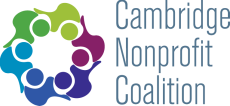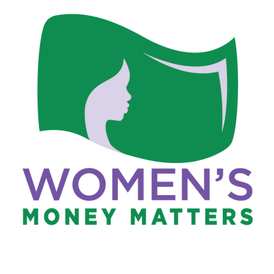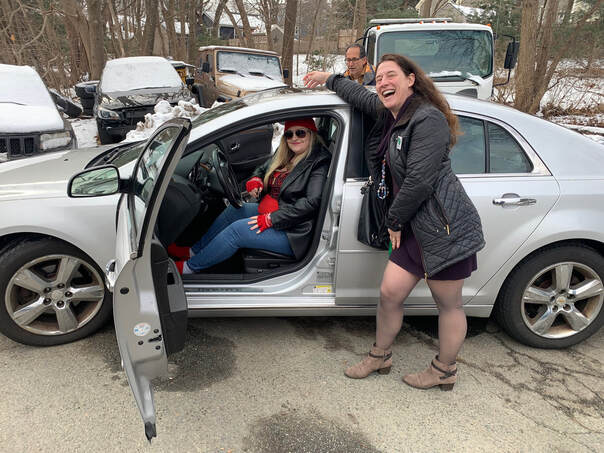|
What are Women's Money Matters' guiding principles and values? Women’s Money Matters believe that every woman has the right to a life that is financially secure. We envision a world in which all women are empowered with knowledge and support to stretch their income, realize their earning potential, achieve saving goals, have emergency funds available, make informed financial decisions, advocate for their financial needs, and build thriving communities. What are the ongoing services or programs that you provide? The core work of Women’s Money Matters is financial wellness programs for women and girls living on low-incomes. Each program includes 12 weeks of financial education workshops, 12 hours of one-to-one coaching, and peer-group support over 3 months. Are there any upcoming projects, initiatives, or events that your organization would like others to know about? Women’s Money Matters has 2 main formats for our financial wellness programs: Our Financial Futures program is for women who join through our social service agency partnerships or join individually. This program can be customized to meet the needs of a specific group (e.g. young mothers, recent immigrants). Our Life Launch is designed for girls and young women ages 10-22. The curriculum includes exploration of the costs of education options, resume writing, and negotiation skills in addition to financial education. Both curriculum formats include 12 financial education workshops over 3 months (90 minutes each), 12 hours of one-to-one coaching, and peer cohorts for social support and belonging. Programs can be run virtually or in person, and are offered in English or in Spanish. Each month we have several opportunities for women to join our programs either virtual or in-person, and subsequently plenty of volunteer opportunities to join as a coach or presenter! Please share a recent story/event that embodies the work of your organization.
Vanessa is a single mom in Arlington who works full time, but can’t get ahead: “I'm in debt with credit cards with high interests that I opened to boost my credit. I feel stuck.” She joined Women’s Money Matters’ Financial Futures program to learn how to consolidate her debt, lower her interest rates, and learn how to save and budget. To “not feel so lost.” We’ve seen this challenge first-hand in the communities we serve. Many women now have higher debt, lower credit scores, are struggling to pay rent and bills, and do not have money set aside for unexpected expenses. For example, 59% of women who joined our Financial Futures program over the last 12 months had $0 saved at program start —and of those who did have money saved, they had only $237 on average, not nearly enough to pay for an unexpected expense like a car repair or a medical bill. Households with low-incomes have a greater chance of breaking the intergenerational cycle of poverty when they are able to manage money effectively. Those who did not learn financial literacy at home, likely did not learn about personal finances in school either. Only 12% of Massachusetts high schools require students to complete a financial literacy course. Moreover, most social-service agencies do not have staff, resources, or expertise to provide financial planning skills or one-to-one coaching. Women’s Money Matters fills this gap. Financial education has a strong impact on overall financial well-being, and financial skills increase the likelihood of building wealth over time. When families understand how to manage money effectively, they can better plan for and pay for life expenses, while building financial stability and wealth. They can then pass on both money management skills and wealth to future generations. Krissy, a Financial Futures program graduate, told us how financial education and social support impacted her family: “This program has been life-changing, and I look forward to continuing to learn and grow and apply these tools and principles to empower myself and my daughter and future generations to come!” |
|
Contact Us
Cambridge Nonprofit Coalition
C/O Mission Earth
1257 Worcester Road, #312
Framingham, MA 01701
Elena Sokolow-Kaufman
Executive Director
[email protected], 617-401-7948
Cambridge Nonprofit Coalition
C/O Mission Earth
1257 Worcester Road, #312
Framingham, MA 01701
Elena Sokolow-Kaufman
Executive Director
[email protected], 617-401-7948



 RSS Feed
RSS Feed